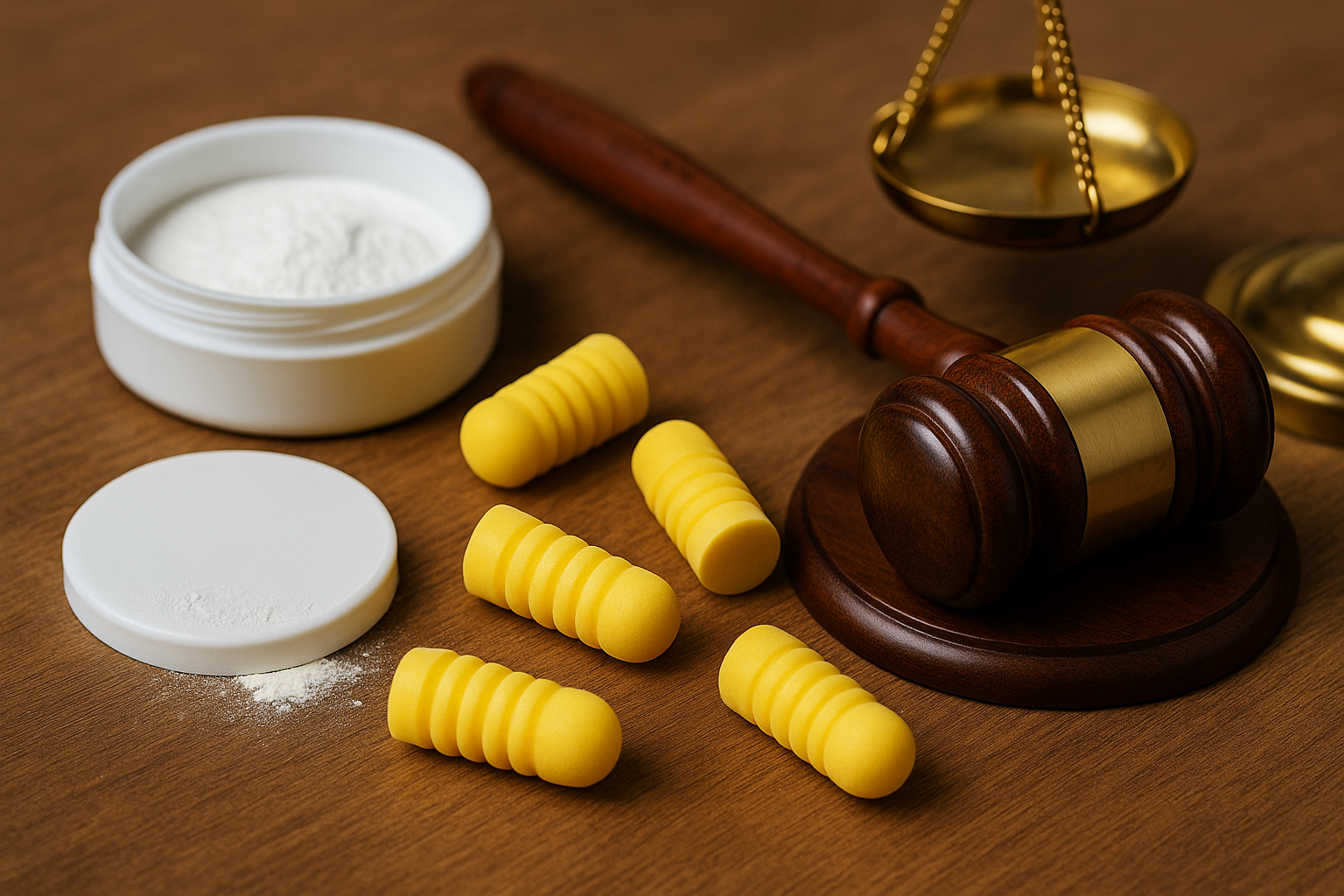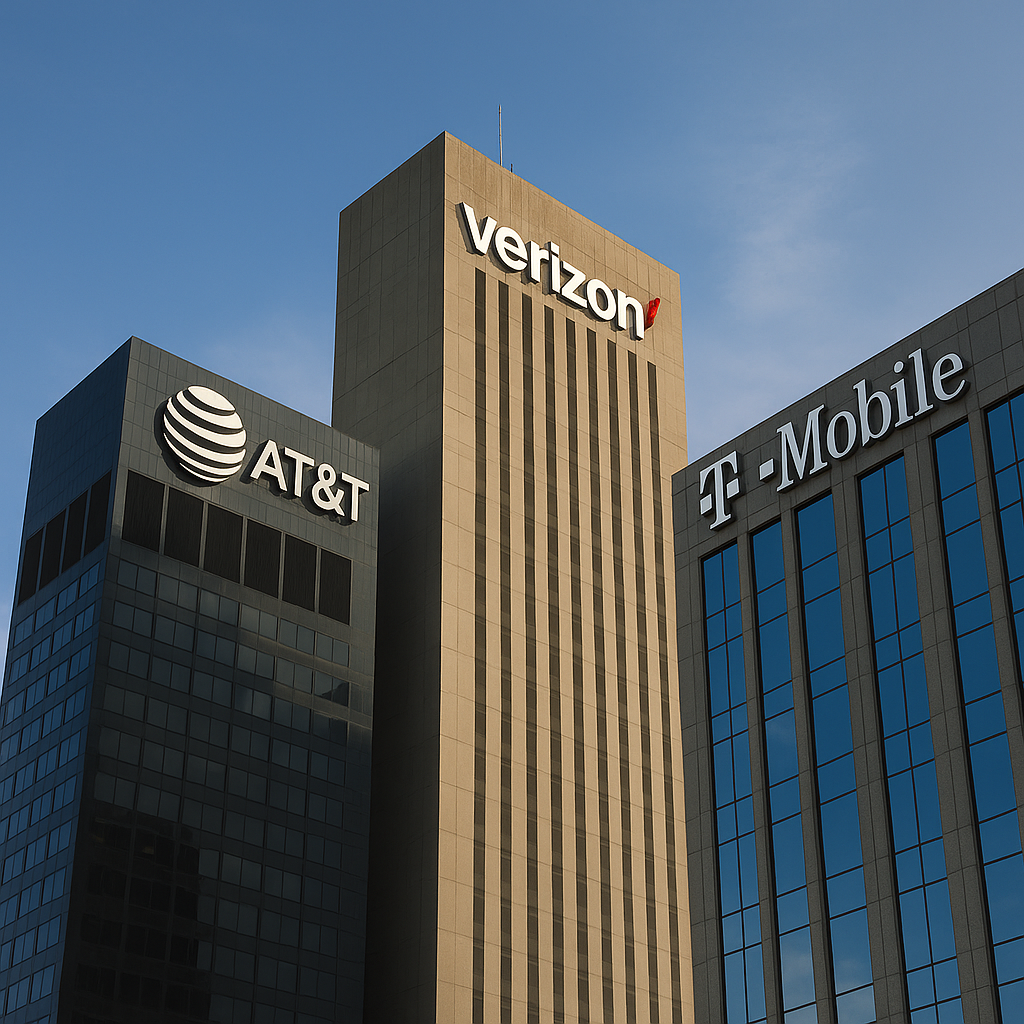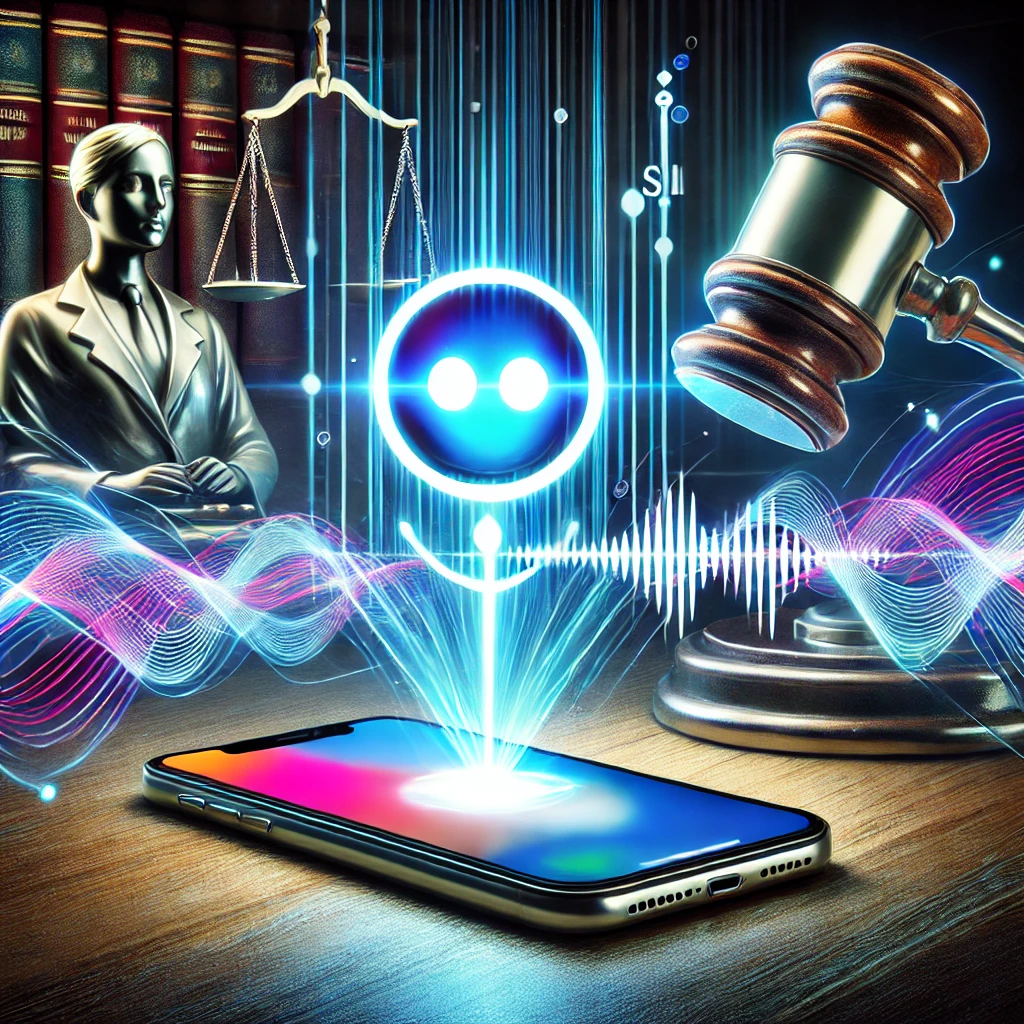Meta Faces Class Action Lawsuit Over Use of Personal Data to Train AI Systems
A class action lawsuit has been filed against Meta, alleging the company used personal data to train artificial intelligence systems without proper consent. The case raises questions about privacy rights, data ownership, and how technology companies collect and repurpose user information at scale.
The lawsuit claims Meta relied on vast amounts of personal content from users across its platforms to develop and improve AI models. This content allegedly includes posts, photos, messages, and behavioral data. Plaintiffs argue that users were never clearly informed their data could be used in this way, nor were they given a meaningful option to opt out.
At the center of the case is consent. The lawsuit alleges Meta buried disclosures in lengthy terms of service that most users never read or fully understood. Plaintiffs argue that consent must be informed and specific, especially when personal data is used for purposes beyond basic platform functionality.
AI training requires enormous datasets. The lawsuit claims Meta treated user data as a free resource to fuel AI development, reducing its own costs while exposing users to privacy and security risks. Plaintiffs argue this practice shifted value from users to the company without fair notice or compensation.
Another major concern involves sensitive information. The complaint alleges AI training data may have included personal details such as location data, relationships, interests, and private communications. Even if data was anonymized, plaintiffs argue that modern AI systems can still infer identities and personal traits.
The lawsuit also raises questions about long term data use. Once AI models are trained, the data influence remains embedded in the system. Plaintiffs argue that deleting an account or content does not undo the use of that data in trained models, making harm ongoing rather than temporary.
Regulatory pressure adds weight to the case. Governments worldwide are increasing scrutiny of AI systems, especially when personal data is involved. Privacy laws in several jurisdictions require companies to limit data use to specific purposes and to minimize unnecessary collection. The lawsuit argues Meta’s AI practices conflict with these principles.
Meta has denied wrongdoing and maintains it complies with applicable privacy laws. The company argues AI development improves user experience, safety, and platform performance. It also claims its disclosures are sufficient and that users agree to data use as part of using free services.
The court will need to decide whether Meta’s disclosures were clear enough and whether AI training qualifies as a separate purpose requiring explicit consent. The outcome may hinge on how judges interpret evolving privacy standards in the context of rapidly advancing AI technology.
This case matters to users because it addresses who controls personal data once it is shared online. Many people assume their content is used to operate a platform, not to train commercial AI systems. A ruling for plaintiffs could force companies to rethink how they disclose data use and obtain consent.
It also matters to businesses building AI systems. If courts require stricter consent standards, companies may need to rely more heavily on licensed datasets or synthetic data. That could increase development costs and slow deployment timelines.
For regulators, the lawsuit may help clarify gaps in existing privacy laws. AI technology has outpaced many legal frameworks. Cases like this test whether current laws are strong enough to protect consumers in data intensive environments.
If the lawsuit succeeds, possible outcomes include financial damages, changes to data practices, stronger disclosure requirements, or limits on how personal data can be used for AI training. Even a partial ruling could reshape industry norms.
As AI becomes embedded in everyday technology, courts are increasingly asked to balance innovation against privacy. This case represents one of the clearest challenges yet to how user data powers modern AI systems.





